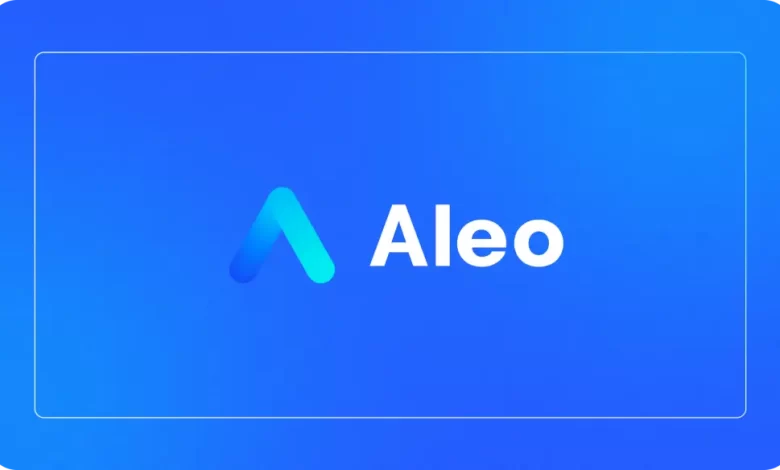Aleo Mainnet Nears Launch, Aiming to Transform Crypto Privacy

The Aleo mainnet is gearing up for launch in the coming weeks, aiming to introduce a new era of privacy to cryptocurrency transactions.
Despite encountering challenges and undergoing serious testing, the Aleo Foundation Executive Director, Alex Pruden, is optimistic about the imminent launch, emphasizing the significant progress made over the past four years.
The journey to the Aleo mainnet began with an academic paper in 2018, authored by several Zcash co-founders, which aimed to extend Zcash’s private transactions into the realm of smart contracts.
Aleo’s Chief Technology Officer, Howard Wu, turned this vision into reality by forming Aleo after other attempts fell short. Pruden, previously the CEO of Aleo, took charge of the newly formed foundation in December, a common move in the crypto industry preceding a token issuance, an event Aleo is planning.
Aleo’s primary objective is to introduce privacy to the world of cryptocurrency, according to The Block. Pruden underscores the importance of privacy for unlocking use-cases such as confidential payments, including salary transactions, and identity solutions. He believes that without a certain level of privacy, the technology’s practicality is limited, reducing it to little more than a variant of casinos.
To achieve its privacy goals, Aleo incorporates zero-knowledge proofs at the blockchain level, ensuring transactions and smart contract interactions are private by default. While privacy coins face challenges such as regulatory pressures leading to delisting from exchanges, Pruden asserts that projects like Aleo must advocate for this technology, emphasizing its advantages, such as proving that a crypto address isn’t on a blacklist before sending funds.
In the short term, Pruden envisions Aleo supporting real applications used daily, driving real activity. His long-term dream involves integrating this technology into the broader fabric of the web.
However, according to him, the adoption of zero-knowledge proofs does pose challenges. Generating these proofs is resource-intensive, requiring users to calculate their proofs offline before submitting transactions. While this approach is cost-effective, it may result in slower transaction times.
Pruden acknowledges this drawback but highlights the remarkable speed of development in the space, suggesting that transaction times will likely improve in the near future.
Furthermore, Aleo’s use of zero-knowledge proofs at the blockchain layer provides the added benefit of supporting Layer 2 rollups, a natural extension of the technology.
Pruden envisions Aleo becoming a platform where every transaction can be considered a rollup, demonstrating the platform’s commitment to innovation and privacy in the rapidly evolving cryptocurrency landscape.
As the Aleo mainnet prepares for launch, the crypto community awaits the transformative impact it might have on the privacy landscape of digital transactions, in hopes of truly achieving this goal.





